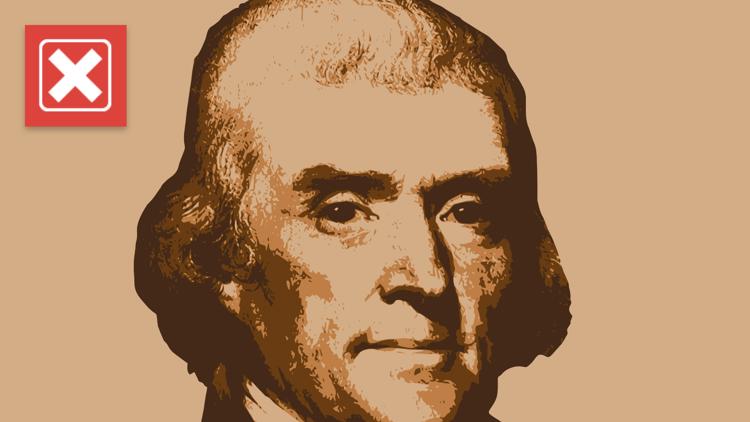Since New Zealand’s right-wing coalition government took office a year ago, its policy direction for Māori has dominated headlines, but one proposal in particular has faced strident backlash: the Treaty Principles Bill. The bill was introduced by the minor libertarian Act party to parliament on Thursday. It seeks to radically alter the way the , New Zealand’s founding document and which upholds Māori rights, is interpreted.
What is the bill proposing and why has it prompted widespread criticism? The Treaty of Waitangi was by the British Crown and more than 500 Māori chiefs to establish a nation state. The treaty covers issues including land and cultural rights and Māori relations with ruling authorities. While not a legal document, some treaty principles have been developed and included in legislation.
There is an of the treaty. These documents contain fundamental differences that have long plagued the application of the treaty and how it is interpreted. To help address this, over the past 50 years, lawmakers, courts and the Waitangi Tribunal – an institution that investigates breaches of the treaty – have looked to the wider intention, or spirit, of the treaty, in order to define its principles.
The treaty principles are not set in stone and are flexible. The principles can act as a mechanism to help the government fulfil its obligations to Māori under the treaty, says Carwyn Jones, a lead academic in Māori law at Te Wānanga o Raukawa, an Indigenous ter.



















